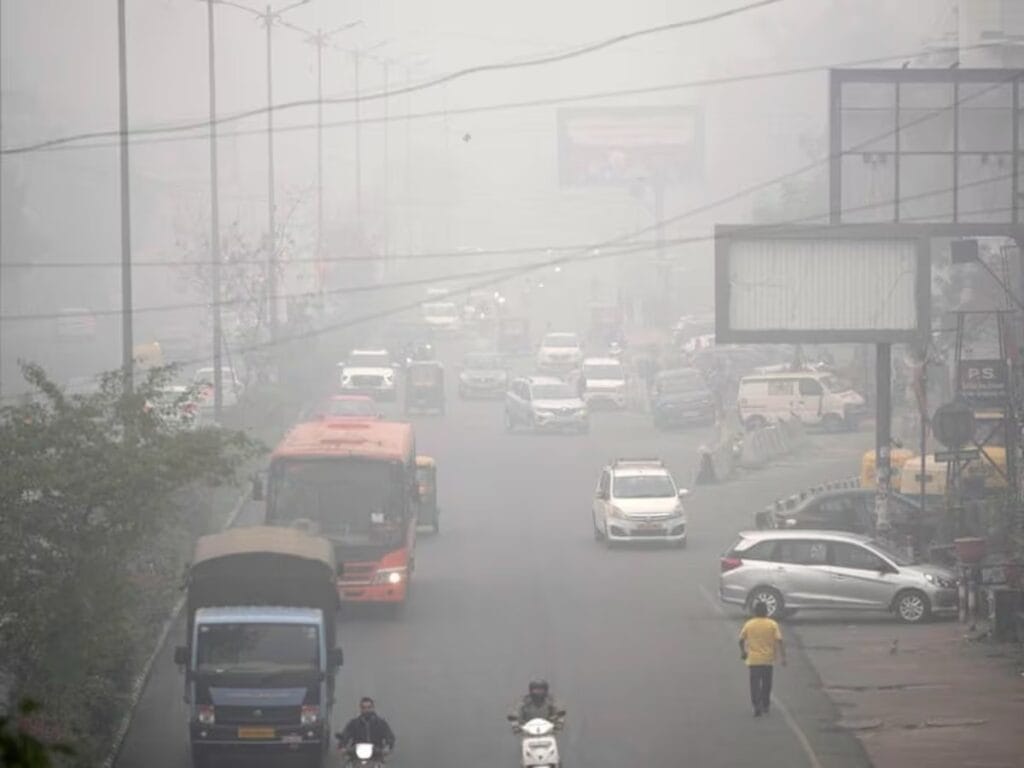New Delhi faces worst air pollution of season, schools closed
New Delhi has taken drastic measures to combat its worst air pollution this season, shutting down schools, halting construction, and banning non-essential trucks from entering the city.

New Delhi has taken drastic measures to combat its worst air pollution this season, shutting down schools, halting construction, and banning non-essential trucks from entering the city. The air quality in the Indian capital reached hazardous levels on Monday, enveloping the city of 33 million residents in thick, toxic smog.
According to SAFAR, the country’s main environmental agency, air pollution levels surged into the “severe” category, with tiny particulate matter reaching more than 50 times the World Health Organization’s recommended safe limit. Visibility was so poor that airlines warned of potential delays, and the haze covered the city’s landmarks and high-rise buildings.

The pollution crisis has been exacerbated by annual crop burning in neighboring states, such as Uttar Pradesh, and emissions from industries and coal-powered electricity production. As the smoke from these fires merges with colder winter air, it settles in northern India’s urban centers, worsening the health risks for millions.
Also Read: Biden approves long-range missiles for Ukraine amid Russian-North Korean alliance
In response, New Delhi authorities have moved to protect public health: classes for most students have moved online, except for grades 10 and 12; construction work has been paused; and only trucks carrying essential goods are allowed to enter. Officials have also urged vulnerable groups, such as children, the elderly, and those with respiratory conditions, to stay indoors.
Despite the worsening pollution, many residents continued their routines, including morning walks in the city’s parks. However, frustration mounted on social media, with many residents describing the situation as “apocalyptic” and a “gas chamber.” “We’re suffocating,” one local tweeted, as reports of headaches and coughing became widespread.
Experts point to the urgent need for long-term solutions to address the root causes of pollution, rather than relying on temporary measures like water sprinklers and anti-smog guns. Some studies estimate that over a million deaths in India each year are linked to pollution-related diseases. For now, authorities are bracing for more toxic air as the smog is expected to persist throughout the week.














